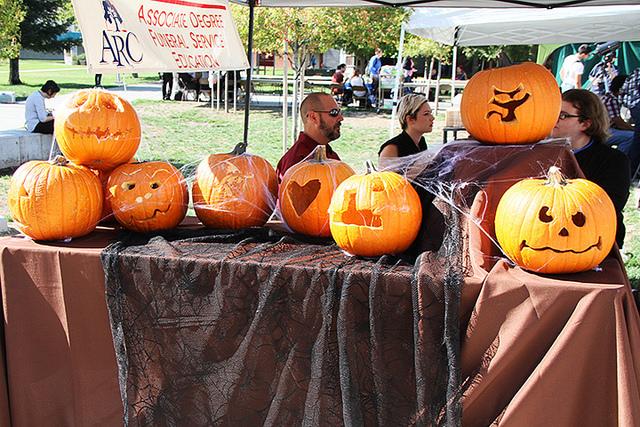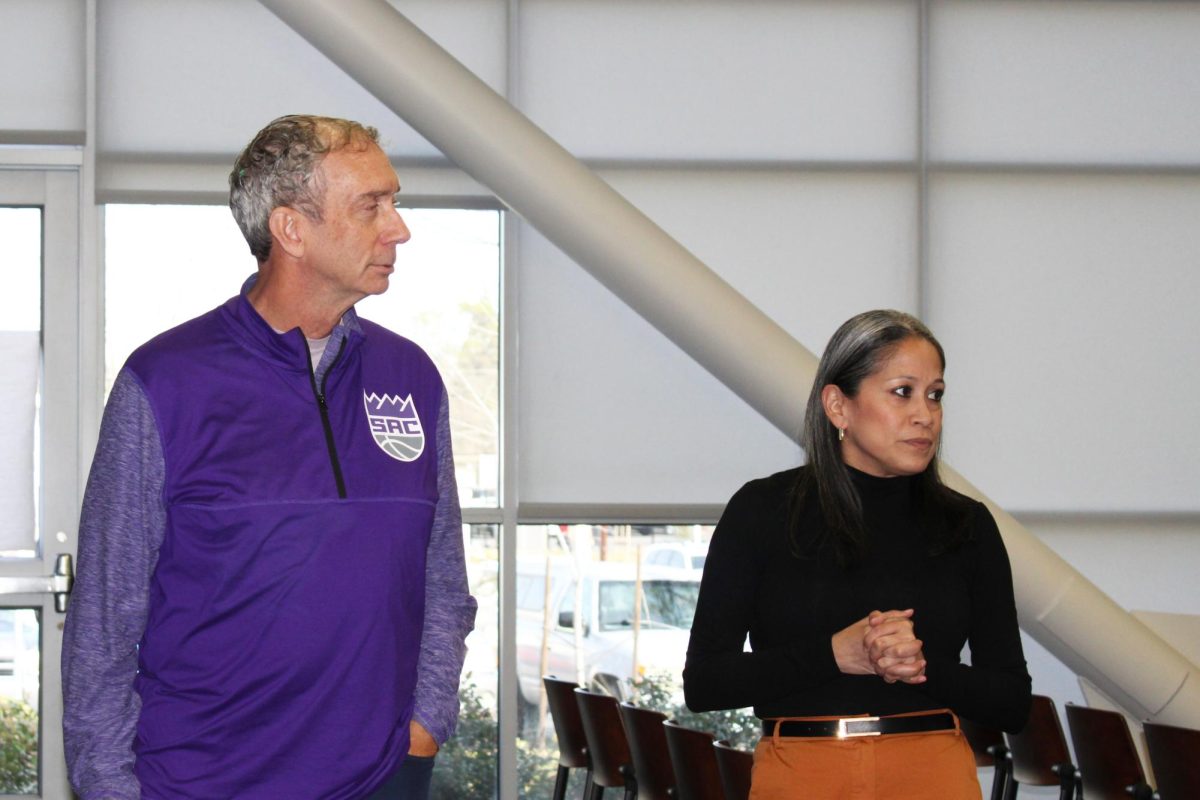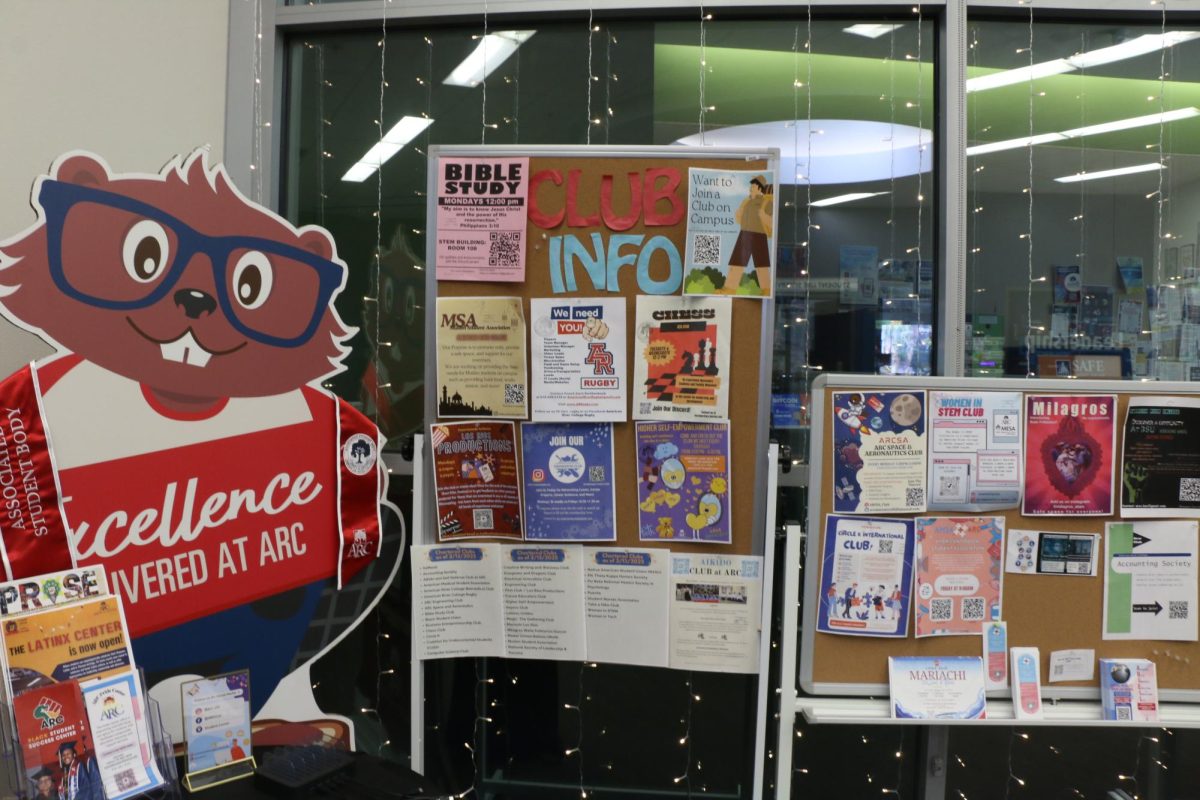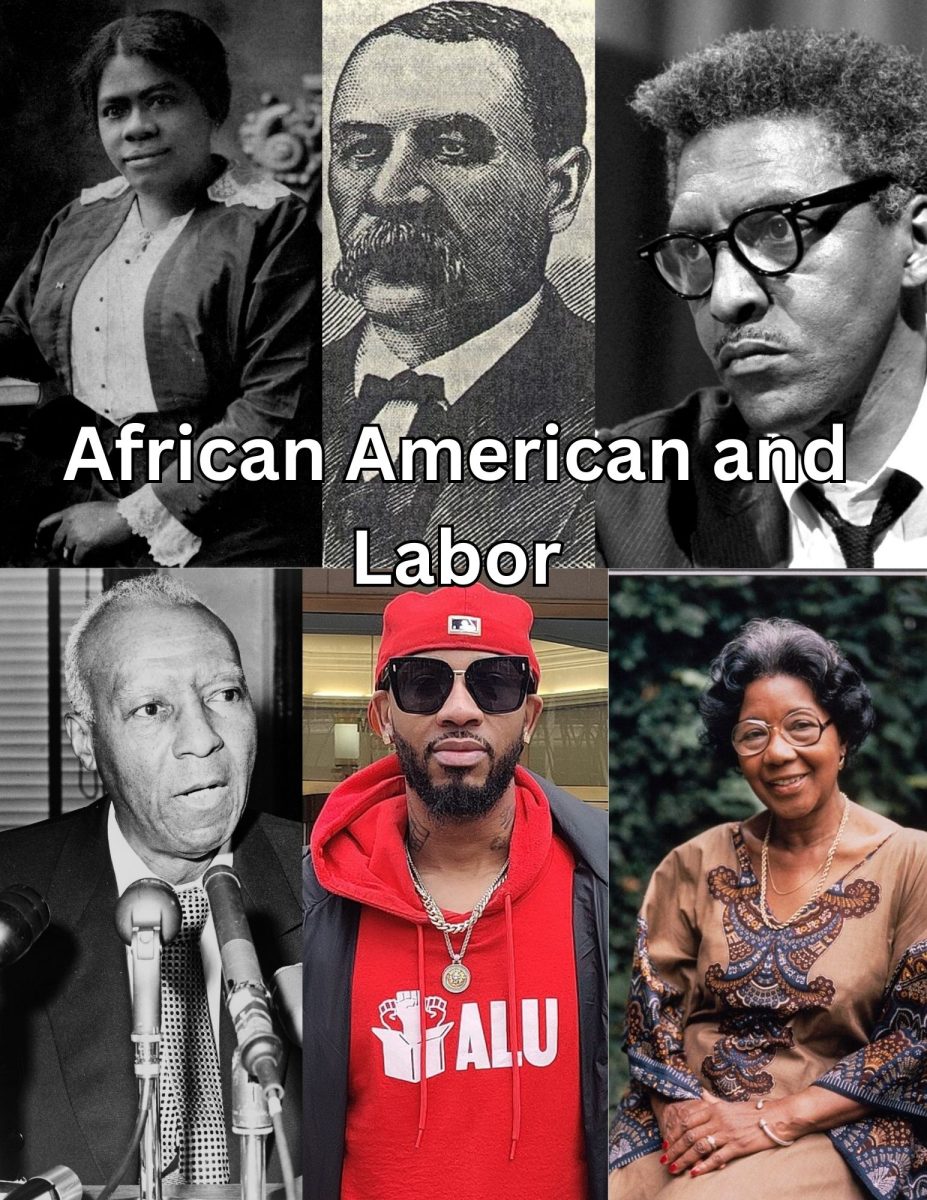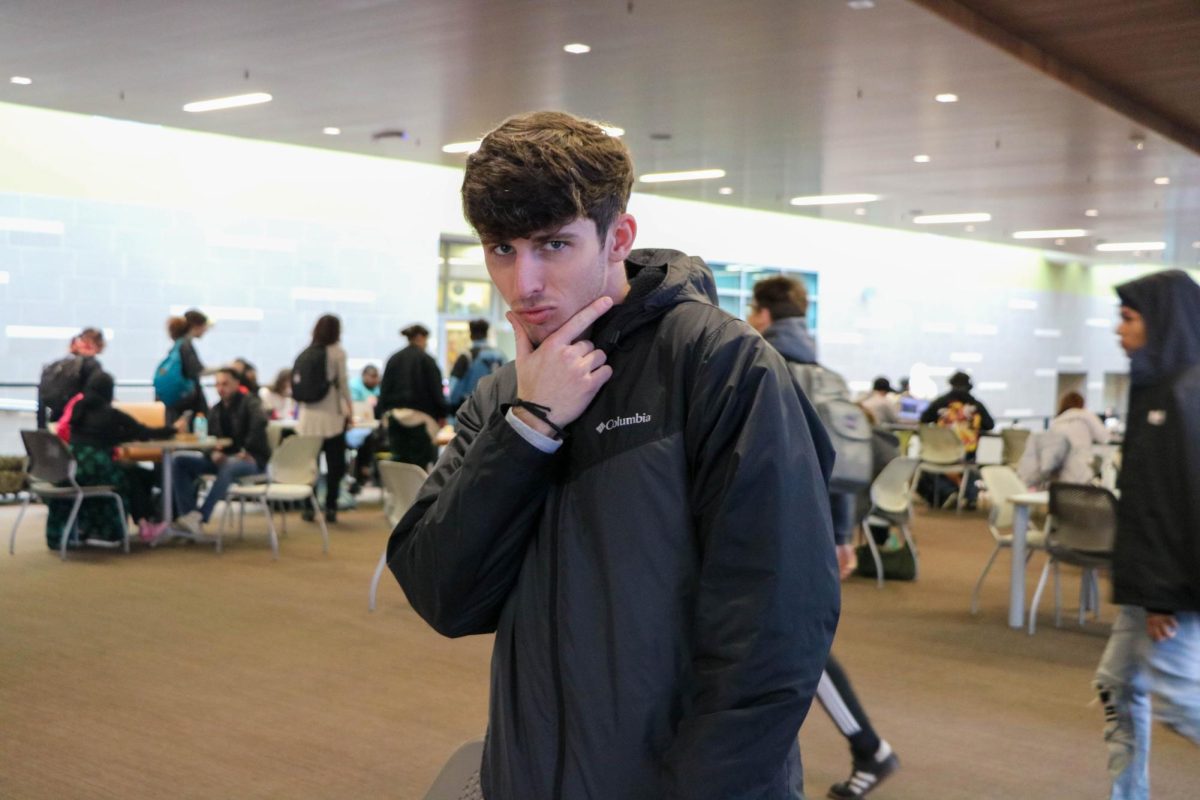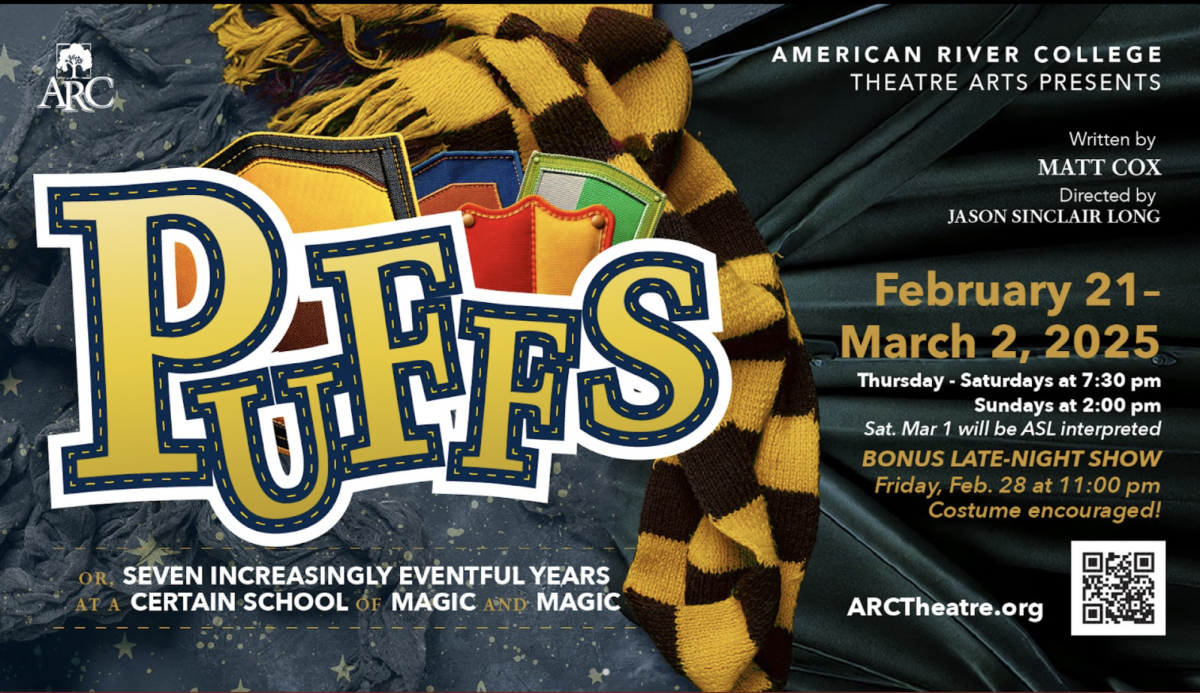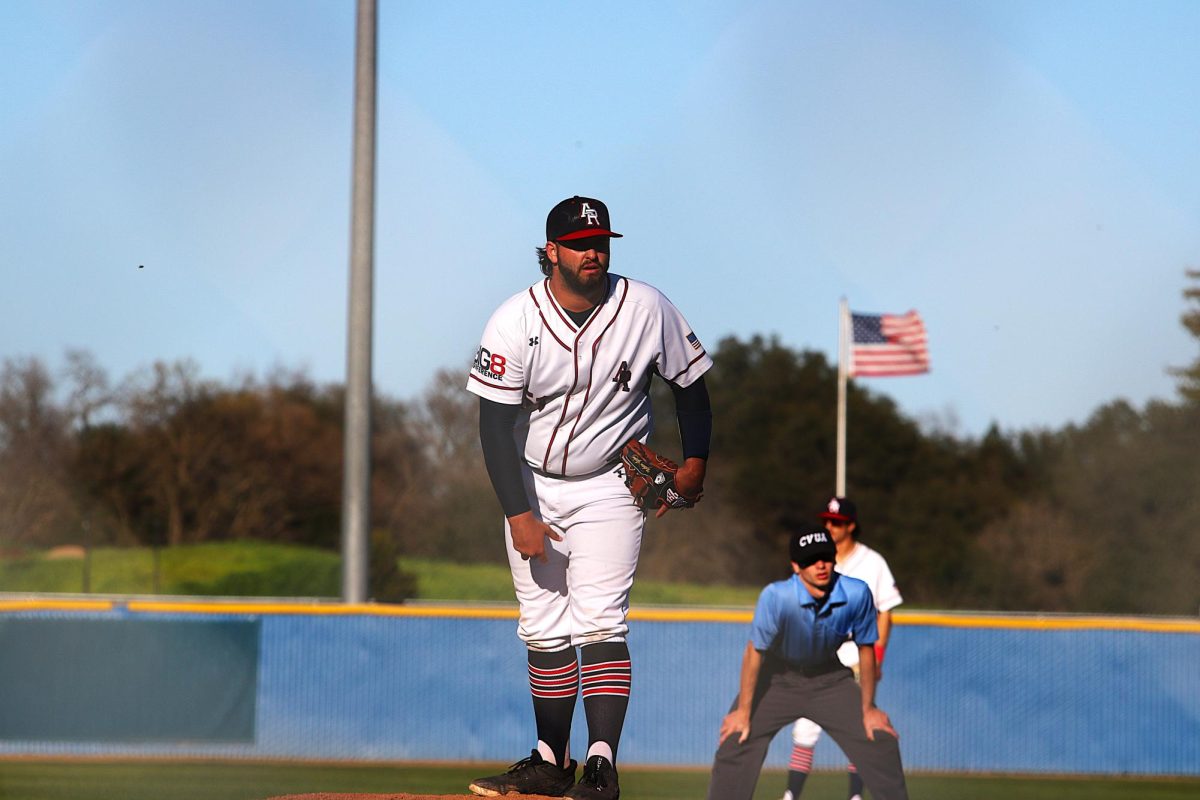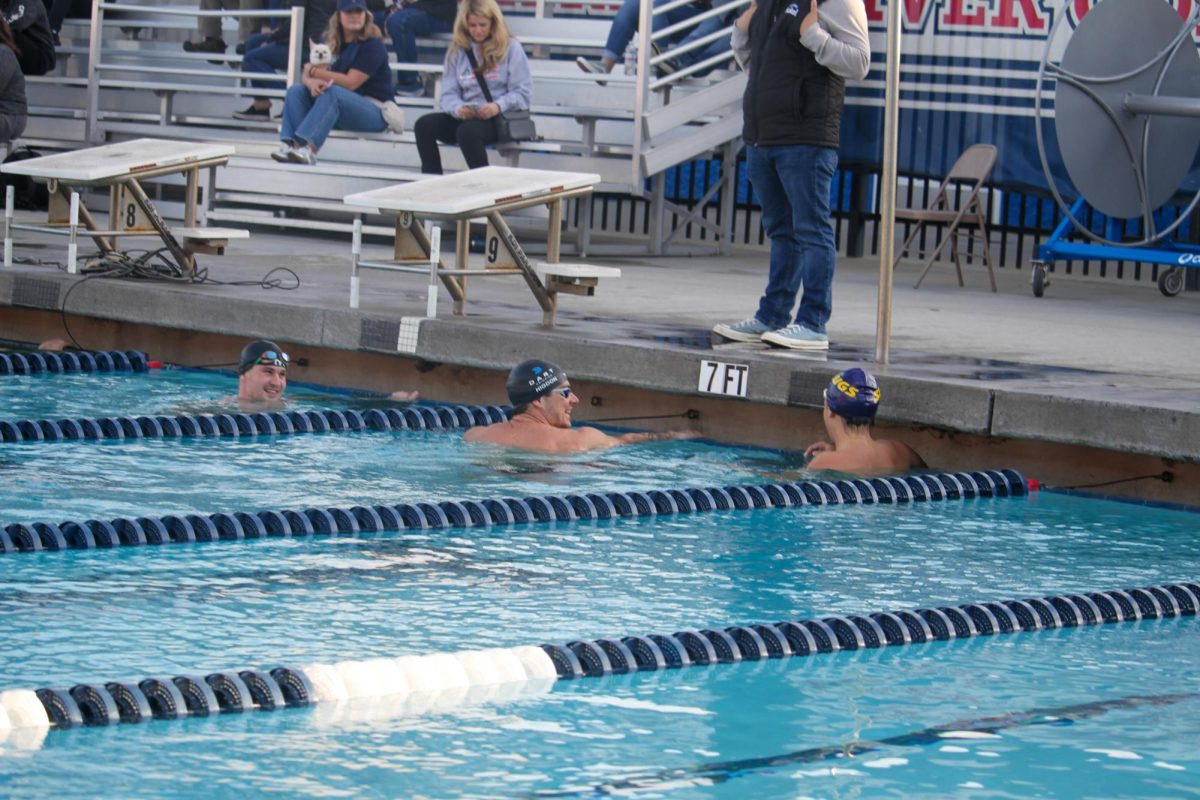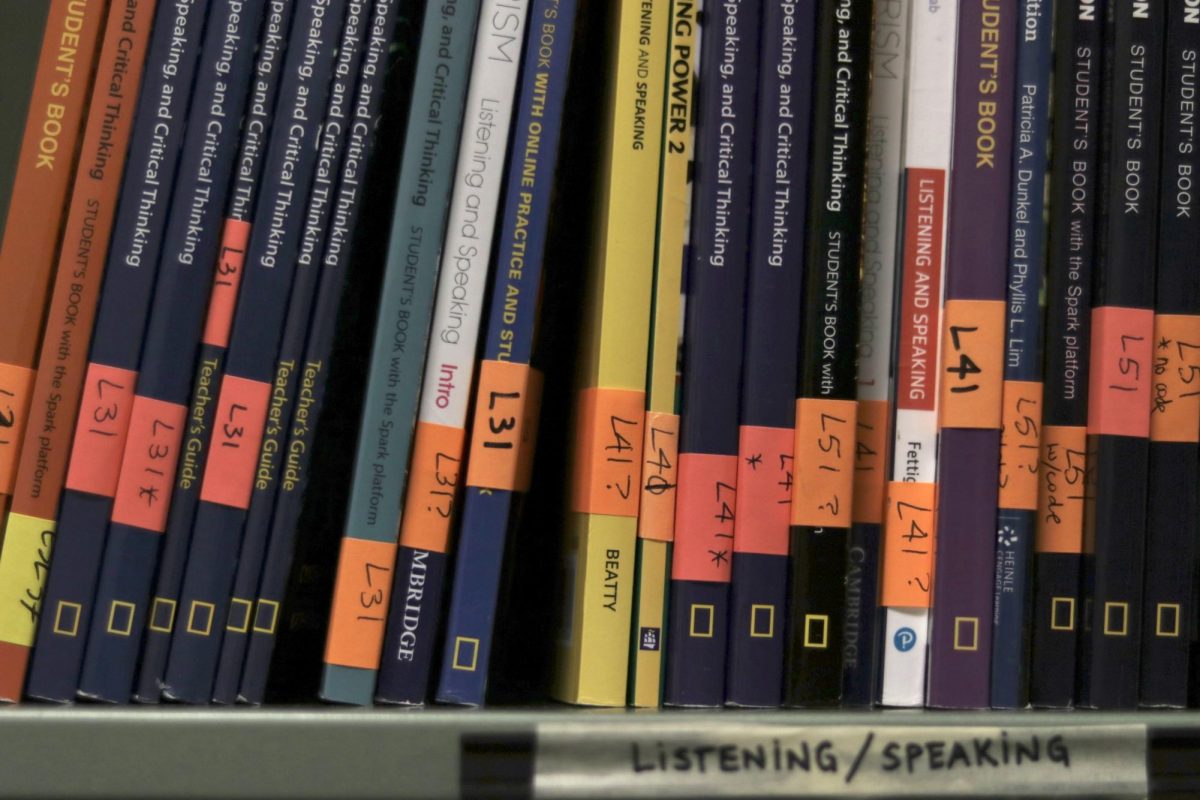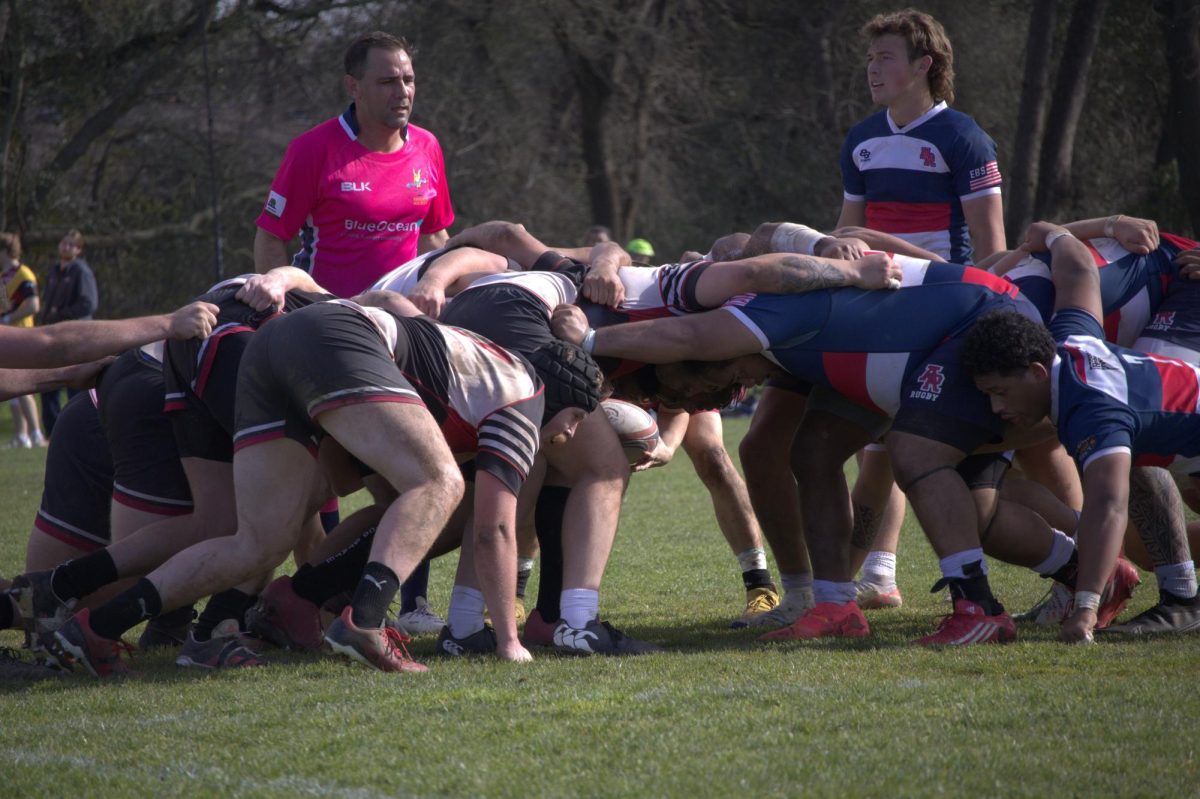All the clubs at American River College got together in front of the Student Center on Thursday for a “Haunted Harvest” themed Club Day.
Clubs decorated their booths and the quad with Halloween decorations.
Games such as musical chairs and a Halloween costume fashion contest hosted by the Fashion Club were some of the activities students had to choose between.
The clubs were lined up waiting to give students information on their particular club and why they should join.
The ARC Accounting Society was in attendance to get all students to come to their meetings, which are held on the last Thursday of every month at 3:45 p.m. in Library room one.
“We have great networking opportunities for students and have lots of guest speakers to talk about how students in college should manage their finances and how to look for a job,” said club adviser Rob Diamond. “In our next meeting we have someone coming into help students get a state job.”
Psi Beta, an honor society for psychology in junior colleges, focuses on getting students that are interested in psychology the resources they need for internships, research projects and volunteer opportunities.
The Puente Club was also in attendance with the goal to educate students who have been misinformed about the education system. They want to teach students who can be successful and finish college.
“We help students get connected with counselors, and our adviser is a counselor so a lot of the members of this club get priority of meetings with him,” said Puente Club Vice President Wendy Callejas. “We also help students build their resumes, and we have got students in touch with Sac State when they were looking to transfer.”
The club meets on Wednesdays from 12:30 p.m. to 1:30 p.m. in the Hub in the Student Center.
Life is Worth the Walk is a club that promotes a healthy lifestyle, both mentally and physically.
“We give students the resources that they need for mental health counseling and other resource outlets,” said Life is Worth the Walk President Melanie Martinez. “Mental (health care) normally starts in adults from the ages of 18 and 25 and college students are broke so we give them free options to help them.”


